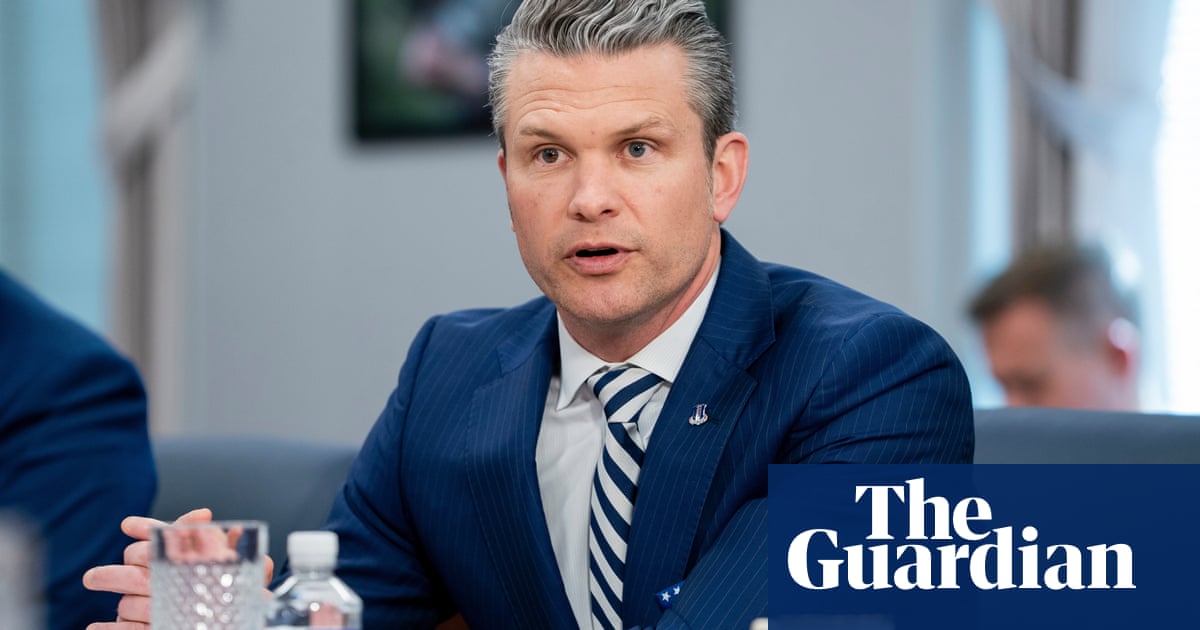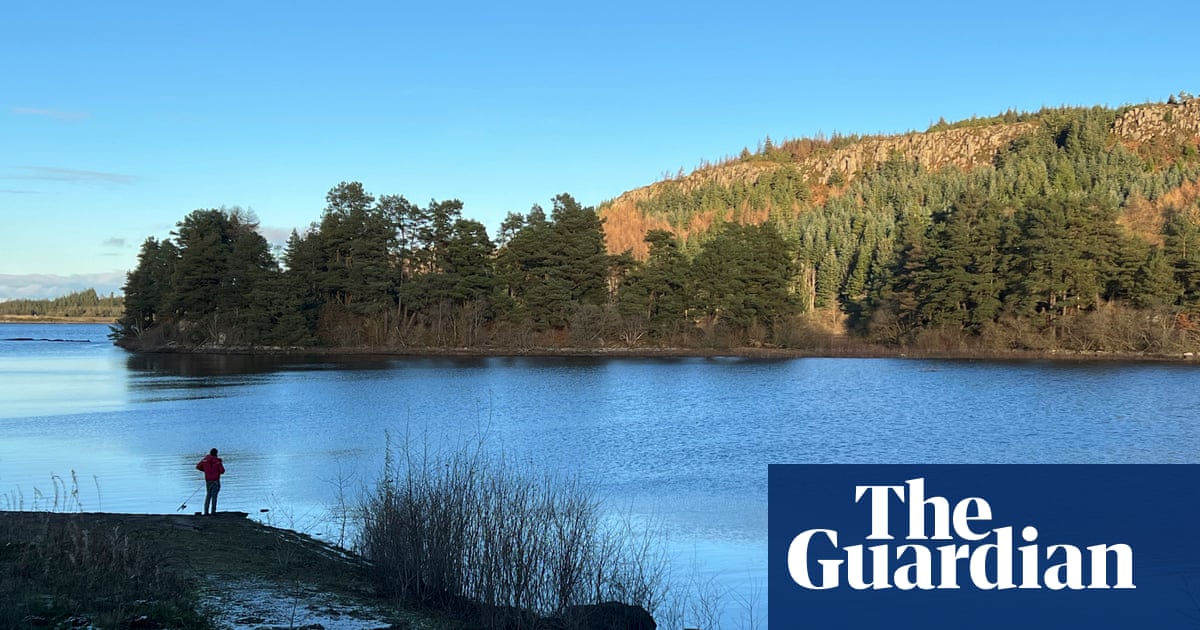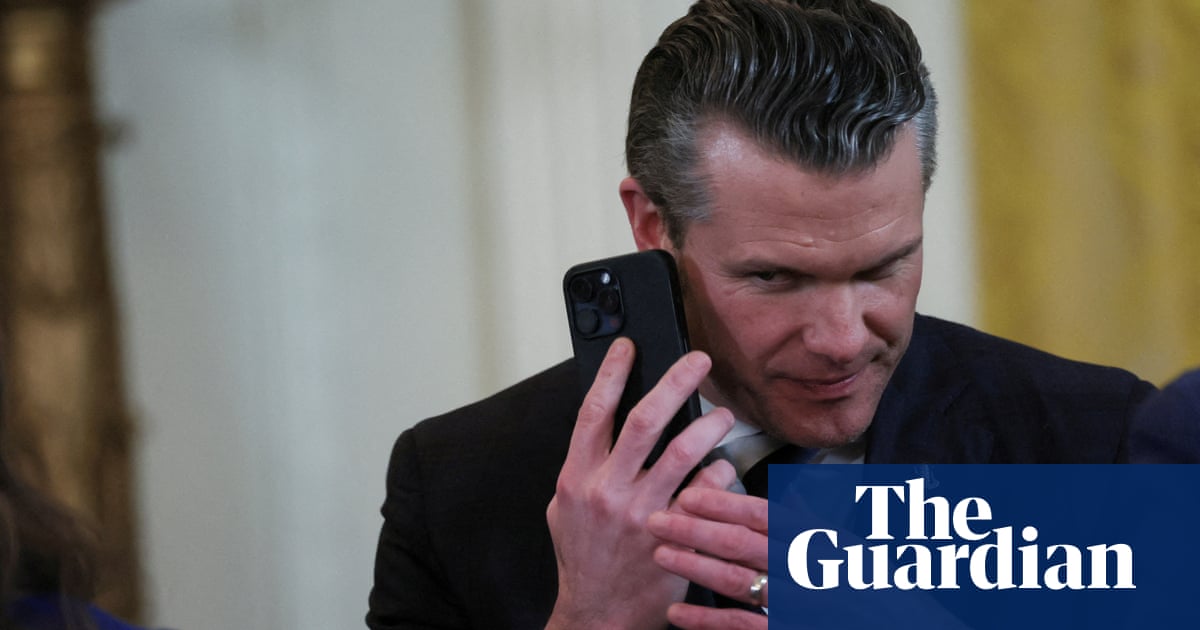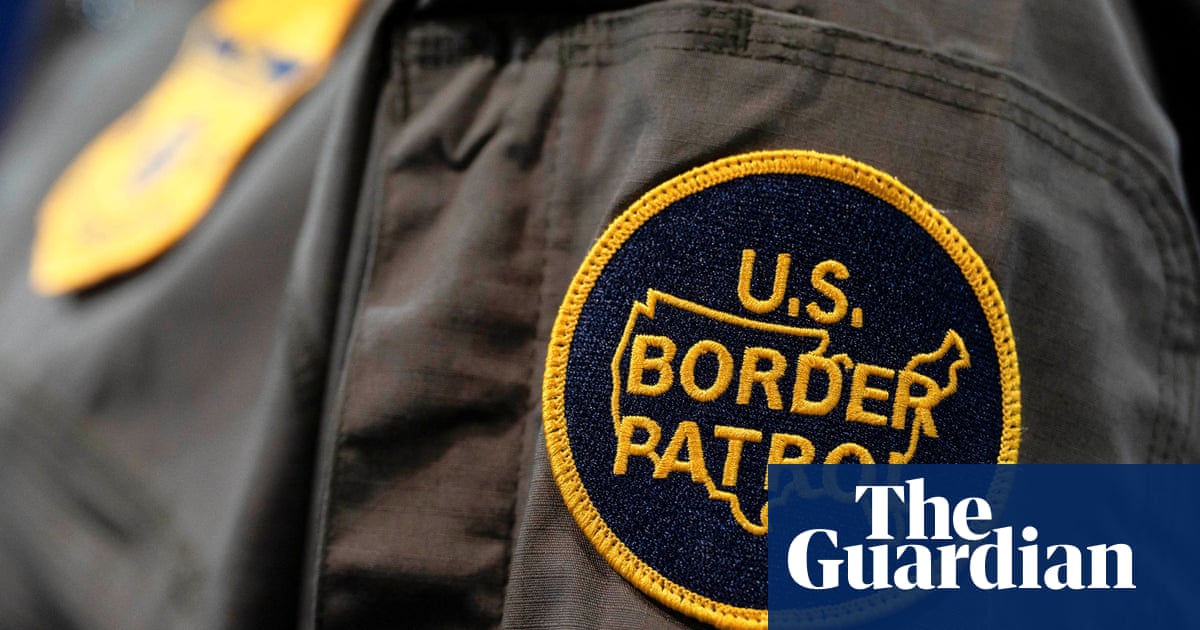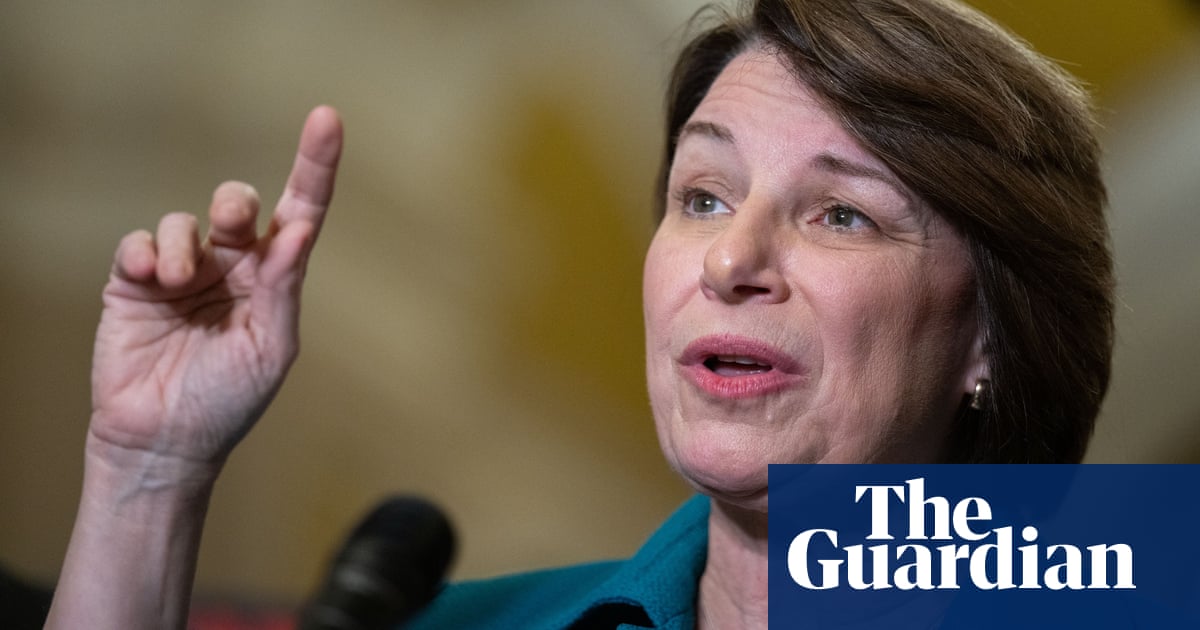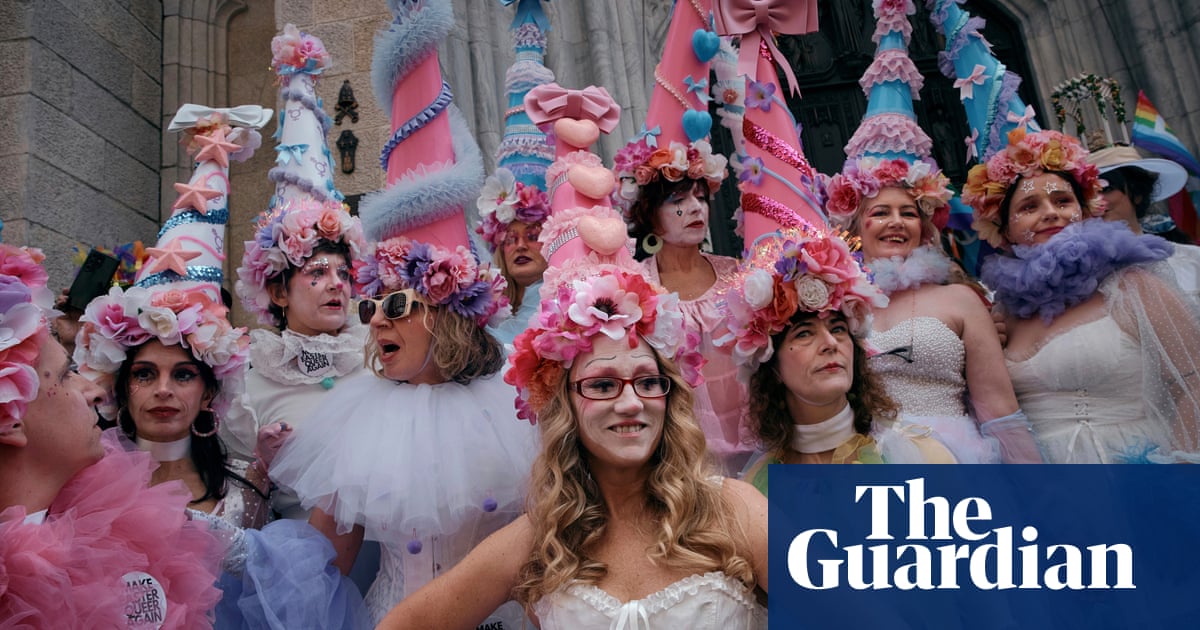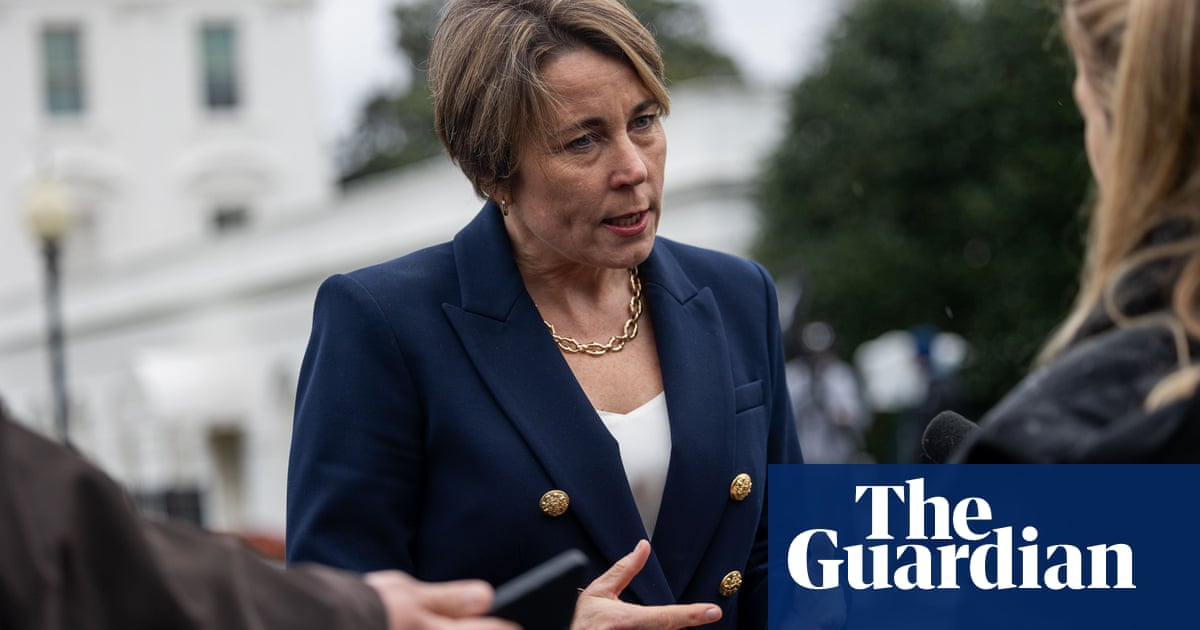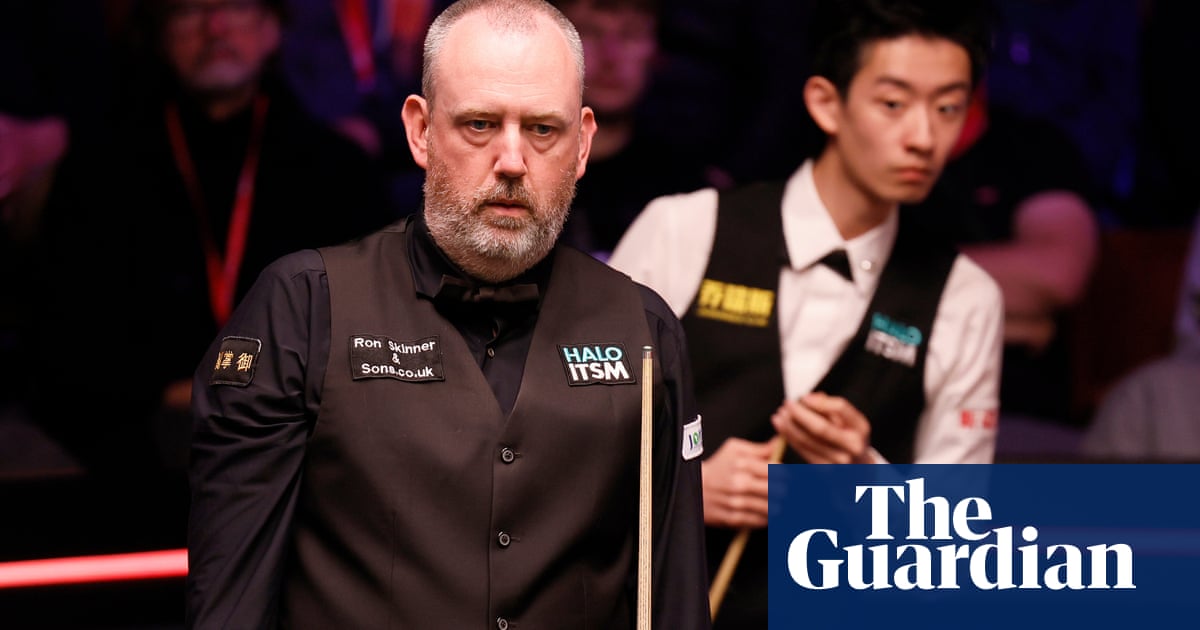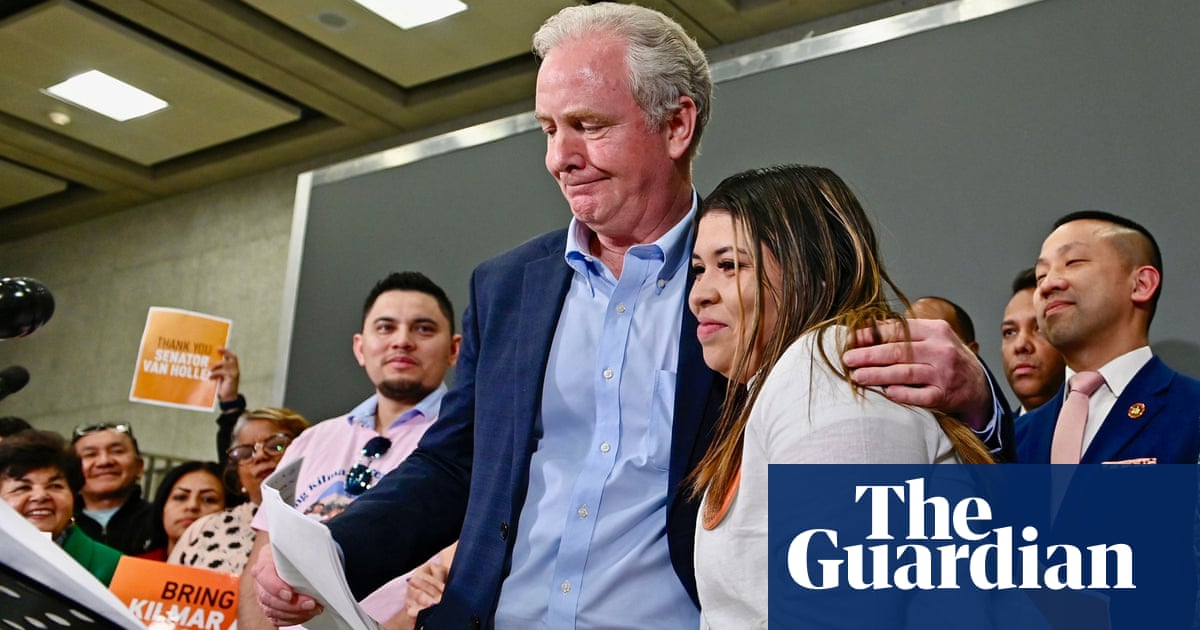The American Civil Liberties Union, a leading defender of rights and freedoms enshrined in the US constitution, has drafted several major lawsuits it is prepared to file should Donald Trump try to wield excessive or unlawful power at the start of his second presidency, which starts on Monday.
Cecillia Wang, the ACLU’s recently appointed national legal director, said the organisation was fully set, with plaintiffs lined up and legal complaints already written. The incoming president’s plans to mass-deport millions of undocumented immigrants, his threats to pursue vendettas against his political enemies and his talk of mobilising the military for domestic purposes, are all squarely in the ACLU’s sights.
In an interview with the Guardian, Wang declined to put a number to the lawsuits that are ready to roll, saying: “I’m not keeping count.” But she added: “We’ve been fleshing out the legal theories, drafting briefs, working with prospective plaintiffs. We’re preparing for litigation in earnest.”
The organization is already primed to file suit under the 14th amendment, Wang said, against any move by Trump to end birthright citizenship. The president-elect has made eradicating the right bestowed by the constitution on any child born within the US a pillar of his second-term objectives.
“We are ready to file a lawsuit to challenge any attack Trump launches on birthright citizenship – the complaint is essentially drafted, we’re lining up plaintiffs in the case,” she said.
On Sunday, the ACLU marks its 105th anniversary. It was founded in 1920 with the mission of protecting conscientious objectors in the wake of the first world war and so-called radicals amid the anti-communist frenzy that followed the Russian revolution.
On Monday, the organisation faces arguably its biggest test when Trump returns to the Oval Office threatening to blow up many of the core rights and liberties that form the ACLU’s bedrock. Wang views Trump’s plans as an existential threat to a range of individual rights and freedoms protected by the constitution.
She points to free speech and association safeguarded by the first amendment, the fourth amendment firewall against unlawful arrest and excessive force and the equal protection clause the ACLU is using to defend the rights of transgender people against sex discrimination. “From his efforts going after immigrants, attacking the very idea of protest, his threats to call out the military and go after transgender and LGBTQ Americans – all these things tear at the heart of US democracy and society,” she said.

Trump poses an extraordinary challenge for Wang personally, who took over the helm of the ACLU’s national legal team only 12 weeks ago after working at the organization for more than two decades. She is the first woman and person of color in the role.
Now she faces the perfect storm. She goes up against Trump 2.0 formidably armed with legal firepower, yet utterly dwarfed by the resources at the president’s disposal.
Wang leads a team of about 150 crack lawyers well honed in federal litigation. They form the beating heart of the ACLU’s overall force of 2,200 staff, spread between its New York headquarters and 54 state-based affiliates.
By contrast, Trump is pressing for direct control over the Department of Justice, which would give him access to the world’s largest law office of more than 10,000 lawyers. That’s even before you consider the more than 2 million federal employees, or the 400,000 national guard personnel the incoming president is threatening to mobilise to act as deportation agents and to crush domestic protests by invoking the Insurrection Act.
Is Wang daunted by being such a tiny David to Trump’s Goliath?
“I’ve spent my entire career as a civil rights lawyer, through thick and thin,” she replied. “As much as Donald Trump’s threats will cause enormous harm to people in our country and around the world, I’m undaunted, and the ACLU is undaunted. We are made for times like this.”
Wang’s personal journey also drives her approach to this moment – her parents moved to the US from Taiwan in the late 1960s, beneficiaries of the civil rights era and the 1965 Immigration and Naturalization Act that finally ended racist quotas from Asia.
“I really feel a personal moral obligation to be a civil rights lawyer. In a real sense, that’s why I’m here.”
Wang also has the benefit of experience with Trump’s modus operandi given the ACLU’s relentless stand against Trump’s constitutional excesses during his first presidency.
A star litigator, she was on the frontlines of many of the organization’s biggest victories. Overall, the ACLU filed almost 250 lawsuits against the first Trump administration and succeeded in stalling or scuppering many of his most egregious acts, especially those relating to immigration.
The organization helped put a stop to family separation at the Mexican border, prevented a citizenship question from being inserted into the 2020 census and forced the contentious Muslim travel ban to be rewritten three times before the supreme court finally approved it. The ACLU also pushed back relentlessly on Trump’s other policies, winning a major victory in 2020 prohibiting employment discrimination against gay and transgender workers. After the supreme court abolished the constitutional right to abortion – a decision that came during Joe Biden’s term but fulfilled a core Trump promise – the ACLU and its affiliates immediately filed lawsuits to protect reproductive rights in almost a dozen states.
Overall, the ACLU was such a thorn in Trump’s side that he dubbed them a “group of beauties”, bleating they were a bunch of “hard left” activists.
Trump is determined to ram through bigger, even more dystopian plans in the coming term, emboldened by narrow control of both chambers of Congress and a US supreme court packed with his own justices.
The ACLU has spent more than a year analysing Trump’s agenda, devising legal strategies for how to thwart his most extreme potential constitutional violations.
Immigration will once again be top of the pile, but Wang is expecting a different approach this time. Where Trump concentrated in his first term on barring undocumented immigrants from entering the country, now the energy will be in the other direction – forcing people out.
“This time around, he is focused on enforcing mass deportations which will strike at the heart of US communities. That is a threat to civil rights and liberties and we will respond in kind.”
Litigation will be front and center of that response. “If he invokes the Alien Enemies Act, we will challenge that. If he tries to expand expedited removal, bypassing immigration courts to deport people, we will challenge that.”
To some extent, the battle has already begun. The ACLU is at the forefront of US v Skrmetti, the current supreme court case challenging Tennessee’s ban on gender-affirming care for transgender youth, and is suing for more information over Trump’s mass deportation plans.

One potentially significant shift this time is that the federal judiciary has shifted in favor of Trump, given his first-term appointments of 226 federal judges including three supreme court justices. Again, Wang professes to be undaunted.
“Yes, the supreme court has a six-three majority that is hostile on many civil rights issues. But we won many cases in front of the court under the first Trump administration, and we will do it again.”
A new approach
The ACLU’s first go-around against Trump was not without bumps. Trump’s shock victory against Hillary Clinton in 2016 led to a huge spike in the ACLU’s coffers, with startled progressive voters donating $1m on day one alone. Its army of supporters soared from about 400,000 at the start of Trump’s first term to 4 million today.
With all that additional money and supporter energy, the ACLU pursued a new strategy that proved controversial for some. The nominally non-partisan group sought to turn itself into a vanguard of the Trump “resistance”, publishing its 2017 annual report under the bold headline: Resist.
It also ploughed resources into forming a grassroots movement under the grandiose title “People Power”. The project was modelled self-consciously on the National Rifle Association, the idea being to forge a kind of NRA of progressive values.
The initiative certainly attracted attention. But it led to criticism, even from ACLU stalwarts, that the organisation had lost its way.
Critics pointed to the founding of the group as a neutral defender of free speech. In 1978 it famously backed the right of neo-Nazis to march in Skokie, Illinois, where many Holocaust survivors lived.
Now, the detractors said, it had strayed from its historical priorities and was drifting towards becoming an overtly politicised anti-Trump movement. The organisation insisted that its commitment to the first amendment had not changed.
Wang says she sees a role for the ACLU’s giant pool of volunteers in acting as a check on Trump, but that “it may not be under the brand of People Power”.
She also questioned the merits of “resistance” as a strategy. “Honestly, that ‘resistance’ tagline never sat comfortably for me personally, because my background is in immigrant rights and as a public defender.”
It is also not clear whether there is sufficient energy for another grassroots movement this time around. As Trump’s big day approaches, it is notable how mute the public response has been compared with the massive pink-hatted Women’s March that followed his first inauguration – the Washington Post reports that the National Park Service has hardly been troubled by requests for protest permits around Monday’s ceremony at the Capitol.
Such apparent protest fatigue bothers Wang. She told the podcaster W Kamau Bell in November that it was what keeps her up at night.
“What happened to the grassroots energy that rose up in opposition to Trump’s policies? Where did the outrage go?” she said.
How does she answer her own question?
Wang said she thought it was not coincidental. Among Trump’s second-term goals is the suppression of popular protest.
So Wang does not expect the same camera-ready protests to erupt as they did at JFK and other airports over his initial 2017 Muslim ban.

White supremacist protests, on the other hand, may surge again given Trump’s far-right anti-immigration agenda. That could put the ACLU in an uncomfortable position.
In Trump’s first term, such foment culminated in the deadly August 2017 Unite the Right rally in Charlottesville, Virginia. A white supremacist ploughed his car into a crowd of counter-protesters, killing a woman and injuring 35.
The ACLU became embroiled in controversy as it had deployed its traditional free speech posture to insist that the neo-Nazis should be allowed to march downtown. In the wake of the tragedy, the organization was battered by external criticism and roiled by internal disputes over the balance between its free speech commitments and its progressive values.
Such painful conflicts may lie ahead and if they do they will demand further hard decisions from the ACLU’s leadership. But Wang is clear on where she stands.
“There will be no change in the ACLU’s position on the first amendment,” she said. “The first amendment right is a structural one: once you concede that government officials can curtail speech of any sort, then you can no longer defend the line.”
She added: “So we will remain a stalwart defender of the first amendment. The government cannot be in the business of deciding who gets to speak or what speech is permitted.”
The categoric answer came with a nuance. She said that in prioritising its work and choosing which cases to champion, the ACLU would apply progressive values.
“In terms of case selection and where we prioritize our resources, it’s more often in support of speech that is in service of our goals.” She gave two examples: the group’s defense of the Black Lives Matter activist DeRay McKesson after he was prosecuted over a 2016 protest for violence he did not cause; and support for animal rights protesters fighting so-called ag gag laws in southern states.
Between Trump’s return and the threat of far-right revival, there’s a lot on her plate and a lot more coming. Given the epic nature of the challenge ahead, is the ACLU up to the task?
“We’re going to use litigation, together with other tactics, to get immediate relief for people harmed by government action,” she said. “And then we’ll take a longer view, toward a future in which people have their rights and liberties restored and whole.”

 3 months ago
39
3 months ago
39
